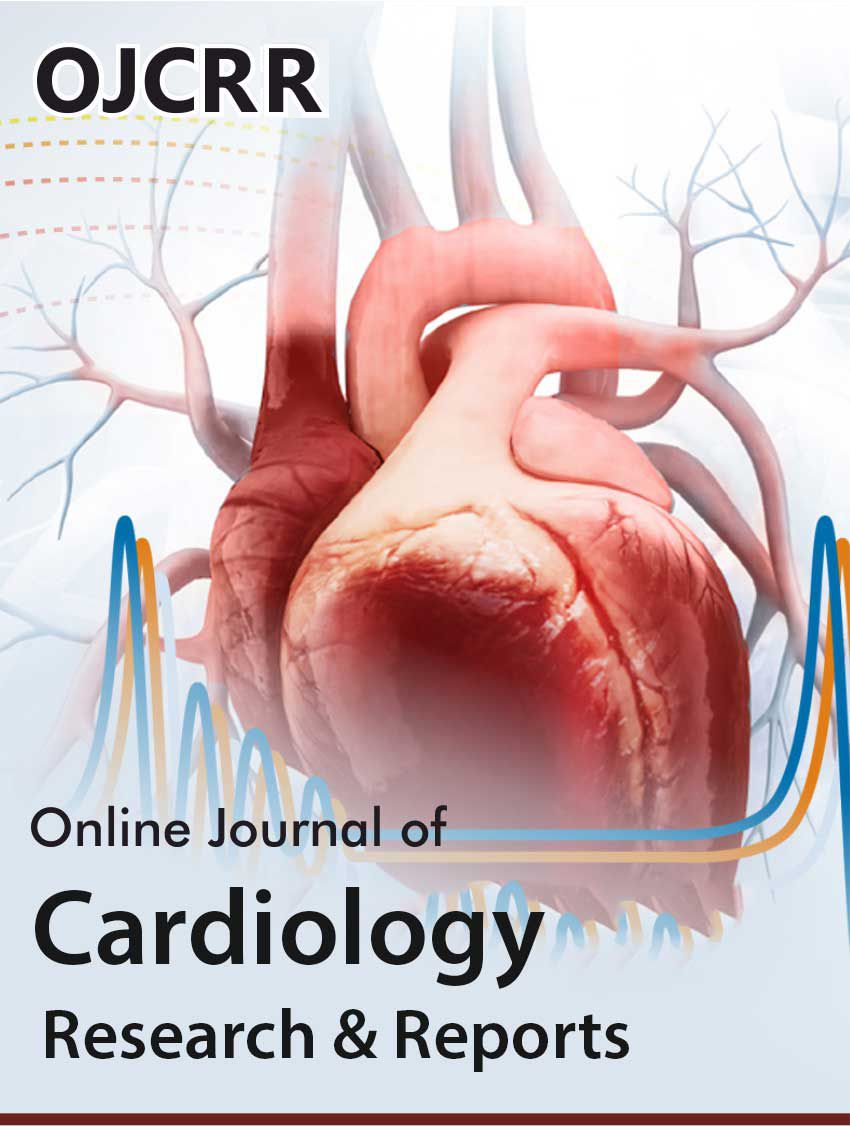 Mini Review
Mini Review
View of Thorax Palpation and Apex Beat Analysis in the Field Medical Practice
Traore-Kissima Abdoulaye1 and Cénac Arnaud2 *
1Department of Cardiology, Sikasso Hospital, Mali
2Faculty of Medicine of Brest, University of Western Brittany, France
Cenac Arnaud, Faculty of Medicine of Brest, University of Western Brittany, Brest, France.
Received Date:July 30, 2021; Published Date:August 13, 2021
Abstract
Despite the extraordinary performances of contemporary methods of investigation (echocardiography, scanner, magnetic resonance imaging, etc.), clinical examination retains all its importance in Cardiology, particularly in extra-hospital settings. The authors have experience of cardiological diagnosis in France and in French-speaking African countries [1-4]: Benin, Mali, Niger, Senegal and for one (CA) in Vietnam (Hanoi and Danang). They have also taught and supervised medical students, either as permanent residents (Mali, Niger), or during official educational missions. They were able to observe the attraction of students and young doctors for modern techniques, because training takes place in hospitals, places where these techniques are practiced. The diagnoses are discussed in front of imaging results displayed on computer screens. Clinical data, without being neglected, is in the background. While such training is hospital-based, the future of most of these doctors, or future doctors, is extra-hospital: they will have to make diagnoses at the clinic alone, without any immediate possible recourse to sophisticated techniques. Their training in clinical examination is therefore a priority. We are discussing her chest palpation and more specifically the analysis of cardiac apex beat. Palpation of the chest does not require any equipment, only the consent of the patient. If there is a language barrier (very common in Africa with non-French speaking patients of rural origin), this palpation will provide the same diagnostic orientation as in a French-speaking city dweller. It therefore deserves to be practiced systematically. It will be followed by auscultation, guided by palpation. The high incidence of several heart diseases [1] in French-speaking Africa fully justifies this position: hypertensive heart disease, rheumatic heart disease, valve disease, dilated cardiomyopathy, myocarditis, ischemic heart disease, the latter more frequent in recent years.
-
Traore-Kissima Abdoulaye, Cénac Arnaud. View of Thorax Palpation and Apex Beat Analysis in the Field Medical Practice. On J Cardio Res & Rep. 5(4): 2021. OJCRR.MS.ID.000616.





